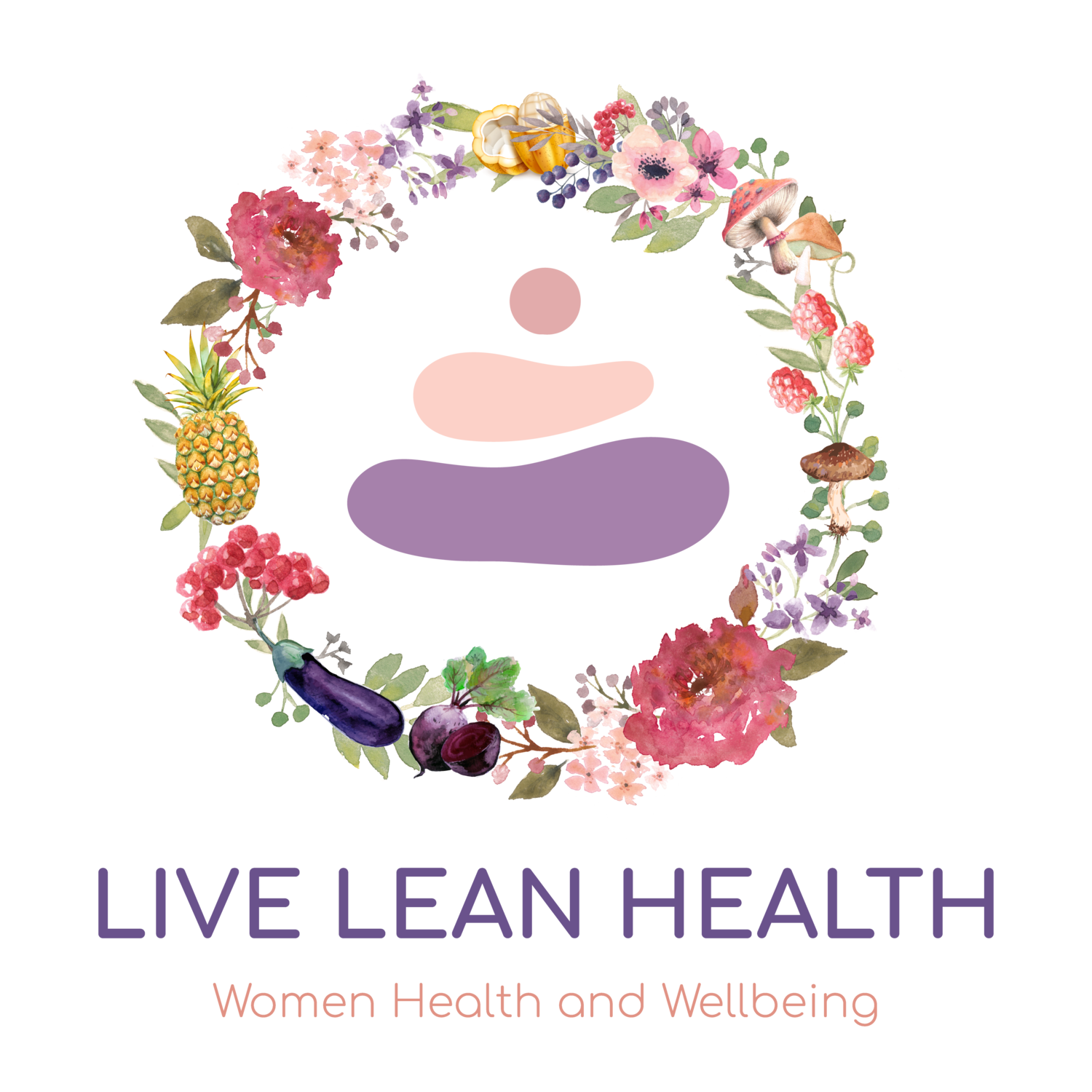Safeguarding Your Health in a Glyphosate-Contaminated World
In the pursuit of pristine lawns and gardens, many inadvertently expose themselves to the insidious dangers of glyphosate, the key ingredient in Roundup weed killer. This widely used herbicide, though initially intended for weed eradication, has crept into our daily lives, contaminating our food, water, and even the air we breathe. In this blog post I aim to shed light on the omnipresent threat of glyphosate, offering insights into its toxicity and practical steps to minimise exposure.
What is glyphosate?
Glyphosate was primarily designed as a weedkiller, though initially patented as a metal chelator, meaning that it was intended for clearing minerals from pipes. However, it has creeped into our lives for different uses, including keeping our lawns weeds free, with little to no knowlege whatsoever on the public’s consciousness. Its impact on human health is far from benign. Glyphosate disrupts our internal ecosystem (as it does nature’s), annihilating beneficial bacteria and promoting the growth of harmful pathogens. This not only compromises our immune system, but also accelerates antibiotic resistance , posing a significant threat to public health. And it does not end there. It is also an endocrine disruptor, creating hormonal issues too. Our body works as a whole, so the knock on effect glyphosate exposure is not minimal or to be underestimated.
Combined with other toxic herbicides, glyphosate infiltrates our conventional food supply, spelling disaster for personal and planetary well-being. The dangers include deficiencies in essential minerals, gut dysbiosis, disruption of vital biochemical processes, and reduced neurotransmitter production, leading to various health issues. With glyphosate contamination difficult to evade, active measures are imperative. The issue is: do our governments hear our voices louder than lobbyists paycheques? A rhetorical question for the ages, I am afraid!
The problems in essence:
Pesticides Taint Most Foods: A shocking revelation is that most plant foods globally are saturated with pesticides. Even organic produce is not always immune, as glyphosate and other toxins can infiltrate via wind drift or other means.p. Recognising this pervasive issue, emphasis on organic foods becomes crucial, offering a shield against the harmful effects of glyphosate.
Health Implications of Home Infiltration: The consequences of pesticides infiltrating our homes are not confined to their mere presence. Regular exposure to these chemicals has been linked to a myriad of health issues, including respiratory problems, skin irritations, and even more severe conditions such as neurological disorders and certain cancers. The insidious nature of these health risks underscores the urgency for informed choices and protective measures.
Nature's Unseen Battle: Harmful Effects on the Environment: While pesticides may be intended for targeted use, their impact on the environment is far-reaching and often devastating. Runoff from treated fields contaminates waterways, posing a threat to aquatic ecosystems. The indiscriminate killing of insects, including vital pollinators like bees, disrupts the delicate balance of biodiversity, leading to cascading effects throughout the food chain.
Glyphosate and GMOs: A Symbiotic Alliance that easily skips our consciousness. Glyphosate's rise to prominence is closely tied to the advent of genetically modified crops. Engineered to resist the herbicidal effects of glyphosate, these GMOs, often referred to as Roundup Ready crops, have become a staple in industrial agriculture. The synergy between glyphosate and GMOs allows for widespread weed control without harming the genetically modified plants, streamlining farming practices.
Agricultural Efficiency and Concerns: The adoption of glyphosate-resistant GMOs has been marketed to increase agricultural efficiency. Farmers can apply glyphosate without worrying about damaging their crops, leading to higher yields and streamlined weed management. However, this efficiency comes at a cost, with mounting concerns about over reliance on glyphosate, the development of resistant weeds, and the consequences on soil and human health and the propagation of Monoculture. Not to mention the financial hits that farmers are forced to endure, using patented seeds like GMOs. Vandana Shiva, a wonderful activist, shares in details about the big issues of farming in her home country of India, as well as globally, exposing the big players in what can only be considered a Mafia.
Glyphosate's Role in GMO Production: Beyond weed control, glyphosate plays a role in GMO production itself. In a practice known as desiccation, glyphosate is applied to crops like wheat and oats just before harvest to expedite the drying process, facilitating easier harvesting. This practice has raised alarm bells as residues of glyphosate may persist in the final food products, exposing consumers to the herbicide.
Balancing Efficiency and Sustainability in the Future: As the relationship between glyphosate and GMOs continues to shape the landscape of modern agriculture, a critical conversation emerges about striking a balance between efficiency and sustainability. Innovations in farming practices, including alternative weed management strategies and the development of non-GMO crops, represent avenues for a more harmonious coexistence with nature. The issue is that knowledge and investments in sustainable practices are not shared with the same fervour as Monsanto’s patented seeds, poisonous substances and mono crops, even when lawsuits against Monsanto are never ending and still ongoing. Check our Consumer Notice for details on the ongoing lawsuit against Monsanto’s Roundup
What can we do to deal with this problem and fight corporate green and governmental corruption?
The Need for Conscious Choices: As we navigate this invisible infiltration of pesticides into our homes and the environment, conscious choices become our first line of defense. Opting for organic produce, supporting sustainable farming practices, and advocating for stricter regulations on pesticide use are essential steps toward minimising the impact of these chemicals on our lives and nature.
Grow your own food and Empowering Individuals: Establishing organic gardens, whether in backyard plots or innovative vertical standing towers, empowers individuals to reclaim control over the quality of their food. By eliminating reliance on conventionally grown produce, laden with glyphosate and other pesticides, individuals can create a protective shield around their health and that of their families. If you need to deal with weeds, there are many better options too, so explore the safe options.
Vertical Farming: Vertical standing towers, a modern twist to traditional gardening, offer a space-efficient solution for urban dwellers. These towers allow individuals to cultivate organic produce in limited spaces, even apartments, bringing the benefits of homegrown, glyphosate-free food to urban environments. Embracing vertical farming is a step towards sustainable, space-conscious agriculture.
Community Gardens: Beyond individual efforts, community gardens foster a sense of collective responsibility. Collaborative cultivation spaces not only provide access to fresh, organic produce for all community members but also serve as hubs for knowledge exchange. Through shared resources and communal efforts, community gardens become a formidable force against the pervasive influence of glyphosate.
Shop from local farmers who don’t use GMOs or Roundup : Organic gardening practices eschew the use of synthetic pesticides, including glyphosate. Choosing organic seeds, natural fertilizers, and eco-friendly pest control methods ensures that the fruits, vegetables, and herbs cultivated are free from the harmful residues associated with conventional farming. This commitment to a glyphosate-free environment begins at the grassroots level.
Nurturing a Glyphosate-Aware Generation: Engaging in organic gardening, whether at home or in community spaces, presents invaluable educational opportunities. By involving children and adults alike in the process of cultivating and nurturing plants, we sow the seeds of awareness about the detrimental effects of glyphosate. This hands-on education fosters a generation that values sustainable, pesticide-free food sources.
Get the nutrients you need to stay healthy!
The nutrients below will support the body in dealing with pesticides
Citrus pectin: A soluble fiber known to detoxify heavy metals and clear cholesterol through its superior binding powers
Alginates (purified from kelp): Proven to protect against pesticide toxicity and effectively remove heavy metals and toxins
Glycine: An amino acid needed to create glutathione — a powerful detoxifier and antioxidant that also protects the liver against toxicity. Sadly, and one of the reasons why glyphosate is such a problem, is that the body can mistake glyphosate for glycine during protein synthesis, tricking it into storing it in tissues and organs. By using glycine supplements, we can try prevent glyphosate from being stored, enhance glutathione activity, and help support healthy protein production. Glycine-rich sources for plant based eaters is found in legumes, spinach, cabbage, kale, bananas and cauliflower.
Gingko biloba: This herb, from a stunning treee, may I add, has been found to be a powerful protector against glyphosate toxicity and protecting the body against neurological damage.
Organic kelp: A rich source of protective minerals including iodine, which prevents the absorption of radioactive ions and toxic pesticide halogens like fluoride, bromide, and chlorine and supports thyroid functions, key in metabolisms.
Probiotics and prebiotics: Needless to say that glyphosate kills everything, so restoring our microbiome is paramount for our health. Then feeding our bacteria fiber, their energy/food source
Moving away from Mono crops and the use of pesticides can truly be seen as sowing seeds of sustainability. Apart from the health benefits, organic gardening practices , consumers awareness and choices, contribute to economic savings and environmental sustainability. Reduced reliance on commercial pesticides and fertilisers leads to cost savings for individuals and communities. Moreover, cultivating organic gardens promotes biodiversity, supports pollinators, and contributes to overall ecological balance. If this is still a point of contention in public debates, we really need to question the presence of conflict of interests. Not many things in life are black and white, but this can be, but steps need to be taken to shift what we know and do now, to what we should know and do going forward.
Check out my Podcast for episodes on sustainability and agriculture, with episodes airing weekly to share knowledge and solutions.
Sources:
USDA: https://www.ams.usda.gov/sites/default/files/media/2018PDPAnnualSummary.pdf
Consumer Notice : https://www.consumernotice.org/environmental/pesticides/roundup/
EWG-Rolled Oats: https://www.ewg.org/news-insights/news/2019/02/glyphosate-contamination-food-goes-far-beyond-oat-products
EWG Chickpeas: https://www.ewg.org/research/glyphosate-hummus
PubMed: https://pubmed.ncbi.nlm.nih.gov/30015122/
PubMed: https://pubmed.ncbi.nlm.nih.gov/29294235/
PubMed: https://pubmed.ncbi.nlm.nih.gov/25805724/
PubMed https://pubmed.ncbi.nlm.nih.gov/21859351/
PubMed: https://pubmed.ncbi.nlm.nih.gov/18219211/
PubMed https://www.ncbi.nlm.nih.gov/pmc/articles/PMC4947579/

